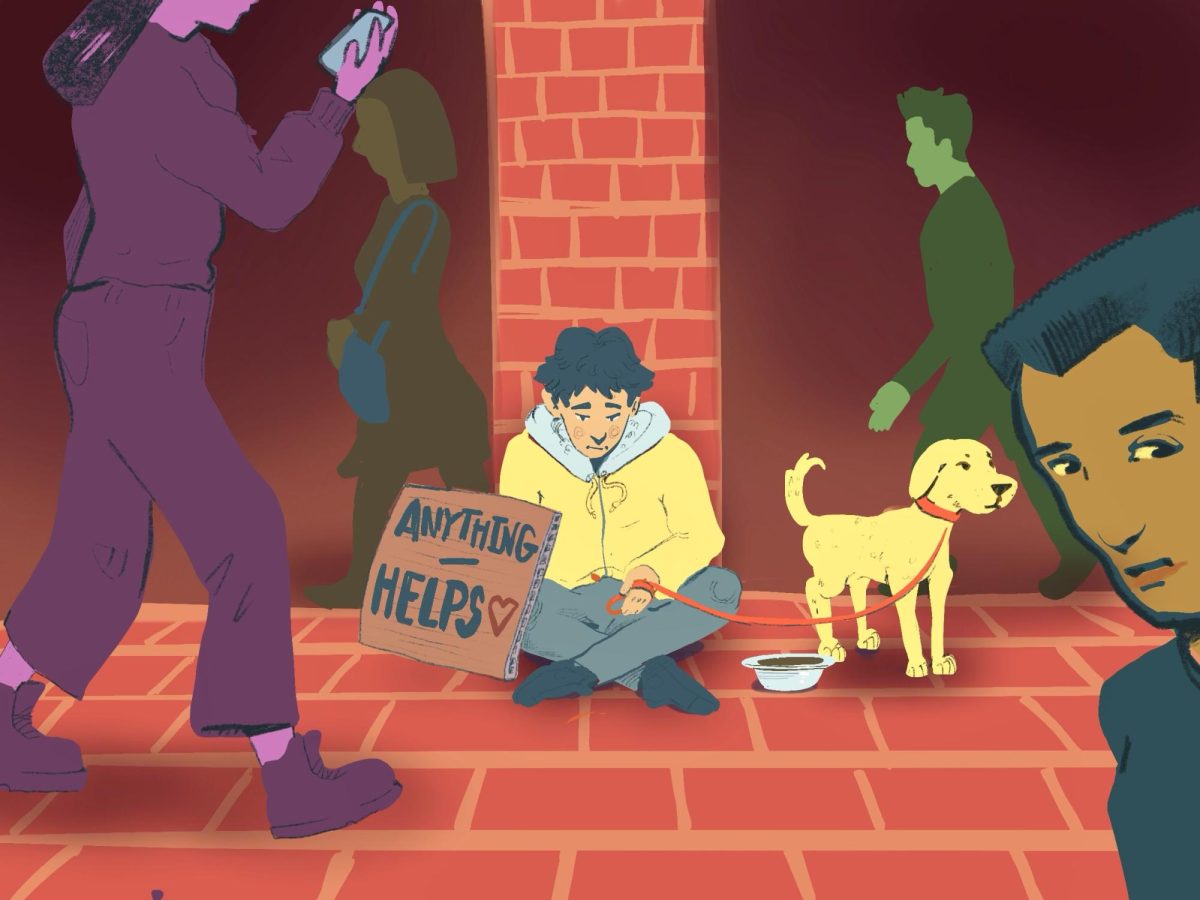As someone who works with children year-round, I can say that nothing is more concerning than a kid with access to too much technology.
I have seen countless TikToks of Gen Z and millennials complaining about Gen Alpha “iPad kids”—born between 2010 and 2024—citing unrestricted access to technology as the reason for kids’ rude behavior today.
With many kids today having unfiltered access to apps like TikTok and YouTube, this is not surprising. These children have access to content that they are not able to emotionally handle and that can impede their development, according to a May 26, 2023 CNBC article.
Experts recommend that children shouldn’t be allowed access to social media until age 13, according to an Oct. 19, 2023 Boys & Girls Clubs of America article.
Educational technology is a great alternative, providing all of the benefits of kids having technology, with significantly less of the drawbacks of early social media access, according to a Jan. 18, 2022 Maryville University article.
When I was a kid, I did not have access to a phone or social media until I was around 11. However, today I see the majority of kids in the kindergarten classrooms I substitute teach having their own tablets and smart watches.
My For You Page on TikTok is filled with videos about elementary school-age children who go into Sephora demanding Drunk Elephant skincare products containing ingredients like retinol that can cause harmful reactions in children, according to a Jan. 19 New York Post article.
Today’s children are growing up too fast due to the influence of videos of high school and college students, which can impact their self-esteem, according to the Child Mind Institute.
While there is not yet long-term evidence on social media’s impact on children’s attention spans, too much access to technology could impact students’ short-term concentration in school, according to a July 5, 2022 Cleveland Clinic article.
Additionally, screen dependency can lead to insomnia, back pain, vision problems, headaches, anxiety and loneliness, according to a Feb. 11, 2020 NeuroHealth article.
Of course, there are some reasons for young children to have access to technology, such as contacting parents more easily or access to augmentative and alternative communication devices for disabled and/or nonverbal children.
In fact, I have seen many great uses for technology for children.
Technology can help children learn to read and can be tailored to student needs. I’ve even observed a first grade coding lesson that introduced topics that would’ve never been thought possible at that age a decade ago.
While there are many educational technology resources used by schools, such as Kahoot, Lexia and Epic, we need more educational media that is engaging for kids outside of school, too. Gone are the days where fourth graders are playing Webkinz—they’re skipping straight from PBS Kids to Instagram and violent video games.
Gen Z had a ton of access to educational technology as a kid: LeapFrog tablets with reading games, as well as PBS shows like Mr. Rogers, Reading Rainbow and Sesame Street that focus on early literacy, math and social-emotional skills.
While many of these resources also exist for Gen Alpha, they seem to be overshadowed by social media, especially for elementary-age children. Many kids want to seem more grown up, so they are opting for TikTok and YouTube to hold their attention instead.
As a kid with a lot of access to educational technology, access to these resources helped me learn to read. Growing up in the era of whole language instruction that focused on sight words rather than phonics, shows that broke down these skills were many 2000s kids’ main exposure to phonics.
Additionally, educational technology can have great benefits for English language learners, according to a May 2, 2022 Kappan article.
For children whose parents cannot read to them in English, YouTube read alouds or shows like Reading Rainbow can be great for ELLs to develop their vocabulary and literacy skills.
I’m not saying to cut screen time out entirely: it’s important for kids to learn how to use technology and gain media literacy in order to live in the 21st century. Educational technology can help students to gain these skills while still keeping technology developmentally appropriate.
Another benefit for children having access to technology is giving parents a much needed break.
A University of Washington study found that parents’ biggest motivation for giving their children technology was to be able to get their own responsibilities done, according to an April 27, 2019 CNN article.
Educational shows and video games provide a great alternative to allow for kids to be entertained and educated, while also allowing for parents to get a moment to themselves.
According to the American Academy of Pediatrics, children ages 2 to 5 should have an hour or less of screen time per day. However, children at this age usually get over two hours of access per day, according to a June 30, 2022 American Psychological Association article.
Both the American Academy of Pediatrics and the World Health Organization recommend that children ages 6 to10 should have no more than 1.5 hours of screen time per day, according to EdTech.
If children are going to have screen time, this time should be put to good use. Educational technology has the best benefits for children that may outweigh some of the drawbacks.















